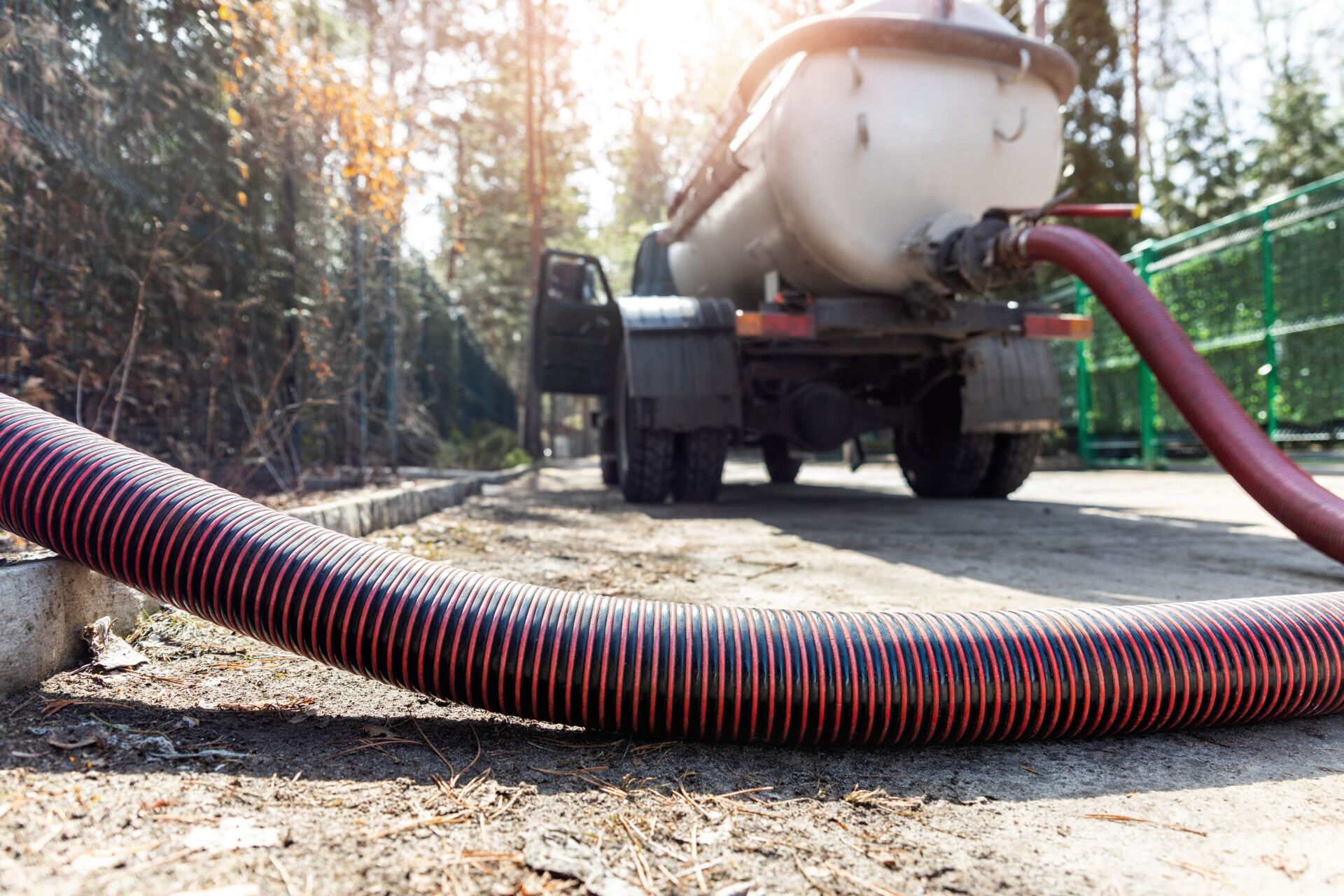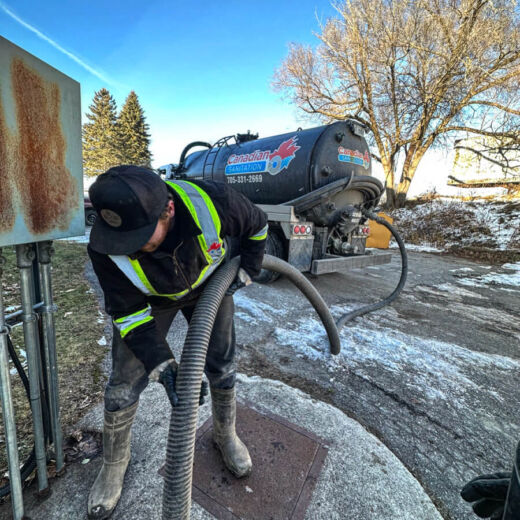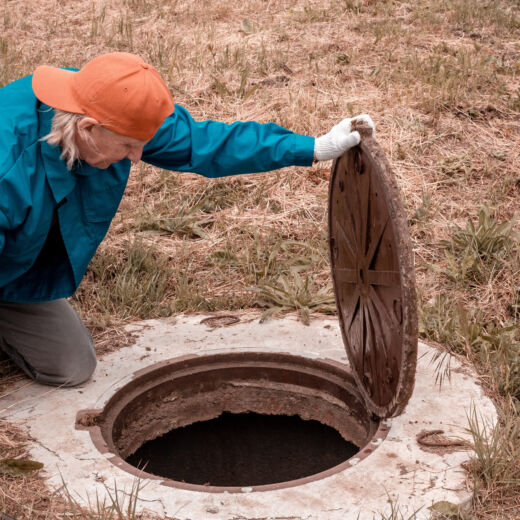Septic tanks are an essential part of many homes and properties, providing a safe and eco-friendly way to manage wastewater. However, to maintain their optimal performance and avoid costly repairs, regular septic tank pumping is crucial.
In this article, we explore how septic tank pumping plays a pivotal role in avoiding hassle and costly repairs, ensuring a healthy and trouble-free septic system.
What is Septic Tank Pumping?
A septic tank is a large, watertight container buried underground that receives and stores wastewater from toilets, sinks, showers, and other household drains. Inside the septic tank, the wastewater undergoes a natural separation process. Solid waste and heavier materials settle to the bottom as sludge, while grease and lighter particles float to the top as scum. The partially treated wastewater, known as effluent, is then released into the drainfield for further purification.
Over time, the solid waste and scum accumulate in the septic tank, reducing its effective capacity to hold wastewater. To prevent the tank from reaching its full capacity and avoid potential issues like clogs and backups, it is necessary to have the septic tank pumped regularly. During the pumping process, a professional septic service company uses specialized equipment to remove the accumulated sludge and scum, restoring the tank’s proper functionality.
Why Septic Tanking Pumping?
Septic tank pumping is vital to avoid septic system malfunctions, clogs, backups, and costly repairs. By adhering to a regular maintenance schedule recommended by professionals, homeowners can extend the life of their septic systems, minimize potential health and environmental hazards, and enjoy trouble-free wastewater management.
Let’s take a look at some of the benefits of septic pumping:
Prevents clogs and blockages – Over time, solid waste and sludge build-up in the septic tank reduces its capacity to hold wastewater. If left unchecked, this accumulation can lead to clogs and blockages in the system. Clogs can cause toilets to back up, drains to become sluggish, and even lead to sewage backups into the house or yard. Regular septic tank pumping removes the accumulated sludge, preventing clogs and blockages that would otherwise require expensive and intrusive repairs.
- Extends the life of the septic system – Proper maintenance, including regular pumping and cleaning, significantly extends the life of your septic system. By removing solids and excess waste, the septic tank can function optimally, reducing strain on the system’s components. A well-maintained septic system can last for decades, sparing homeowners the financial burden of premature replacements.
- Protects the drainfield – The drainfield plays a vital role in the septic system’s proper functioning. Wastewater from the septic tank flows into the drainfield, where it undergoes natural filtration and purification before being absorbed into the soil. If the septic tank is not pumped regularly, excessive solid waste can flow into the drainfield, causing it to become clogged and fail. Repairing or replacing a damaged drainfield is a costly endeavour that can be avoided through routine septic pumping and cleaning. Installing a septic alarm is another effective way to mitigate potential issues. A septic alarm will alert you when the water levels in your septic tank are at a critical point.
- Reduces health and environmental risks – Neglected septic systems can pose health risks to homeowners and their communities. When septic tanks overflow or experience backups, untreated sewage can contaminate groundwater and nearby water bodies, leading to the spread of harmful bacteria and pathogens. Additionally, foul odours from an unmaintained septic system can become a nuisance, affecting the quality of life for those living nearby. Regular pumping and cleaning prevent such incidents, ensuring a safe and clean environment for all.
- Identifies and addresses issues early – During septic tank pumping, professionals inspect the system for any signs of damage, leaks, or malfunctions. Detecting issues early allows for timely repairs, preventing minor problems from escalating into major and costly ones. Addressing potential issues promptly not only saves money but also spares homeowners from dealing with the inconvenience of a malfunctioning septic system
When to Schedule Septic Tank Pumping
While it is generally recommended to schedule a septic tank pumping every 2-3 years, the optimal frequency can vary depending on several factors, including household size, the volume of wastewater, the volume of solids in wastewater, the size of the septic tank, and what your septic professional recommends for your household.
If you’re unsure, give us a call at Canadian Sanitation and we’d be happy to help. We serve the Simcoe County area providing septic tank pumping services, septic system repairs, emergency services, and more.




